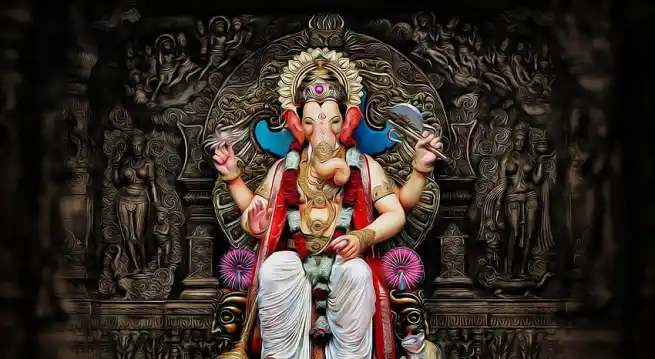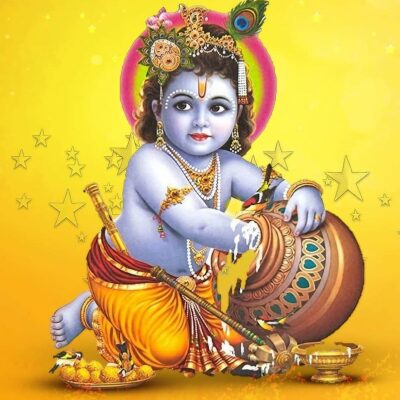Siddhar Dhanvantari

According to ancient texts, Siddhar Dhanvantari is revered as an incarnation of Lord Vishnu in Hinduism, who emerged from the Ocean of Milk during the churning of the ocean, carrying the pot of amrita, the elixir of immortality. While the Bhagavata Purana narrates his appearance during the Samudra Mathana, where the Devas and Asuras churned the ocean using the Mandara Mountain and the serpent Vasuki, he is also mentioned in the Vedas and Puranas as the divine physician of the gods and the deity of Ayurveda.
Siddhar Agathiyar, in his renowned work Agathiyar 12000, describes Siddhar Dhanvantari as hailing from the lineage of Lord MahaVishnu, born into a family with a musical tradition. He extensively studied the Siddha Medicine System under the guidance of 18 Siddhas. Within the Tamil Siddha Medicine System, Siddhar Dhanvantari holds a significant position as an expert in Ayurveda. He pioneered numerous herbal-based remedies and natural treatments, credited with discovering the antiseptic properties of turmeric and the preservative qualities of salt, which he incorporated into his cures.
Regarded as a skilled surgeon of his time, Siddhar Dhanvantari is often considered the “Father of Ayurveda” for his contributions. His birthday, celebrated on Dhanteras, two days before Diwali, is an occasion revered by Ayurvedic practitioners.
He authored works on universal salt, Muppu, Amuri, and Jayaneer, and is said to have performed miracles and practiced black magic, as documented in his writings. Tradition holds that he imparted surgical knowledge to Susrutha, known as the Father of Ayurvedic Surgery. His disciples include Susruta, Pauskalavata, Aurabha, and Vaitarana. His Jeeva samadhi is located in Vaitheeswaran Koil in Chidambaram, where a small temple is dedicated to him.
Several temples dedicated to Dhanvantari exist in South India, particularly in Kerala and Tamil Nadu, where Ayurveda thrives. Notably, the Dhanvatari temple in Thottuva, Kerala, houses a six-foot-tall idol of Lord Dhanvatari, holding the pot of Amrith and the Shanku, Chakra, and Atta in his hands. The celebration of ‘Ekadasi’ at this temple holds special significance, coinciding with ‘Guruvayur Ekadasi’.
Though Siddhar Dhanvantari’s works are primarily in Sanskrit, they have been categorized as part of the Ayurvedic medicine system by subsequent generations. Additionally, like other Padinen Siddhas, he also composed mystical songs in the Tamil language.






